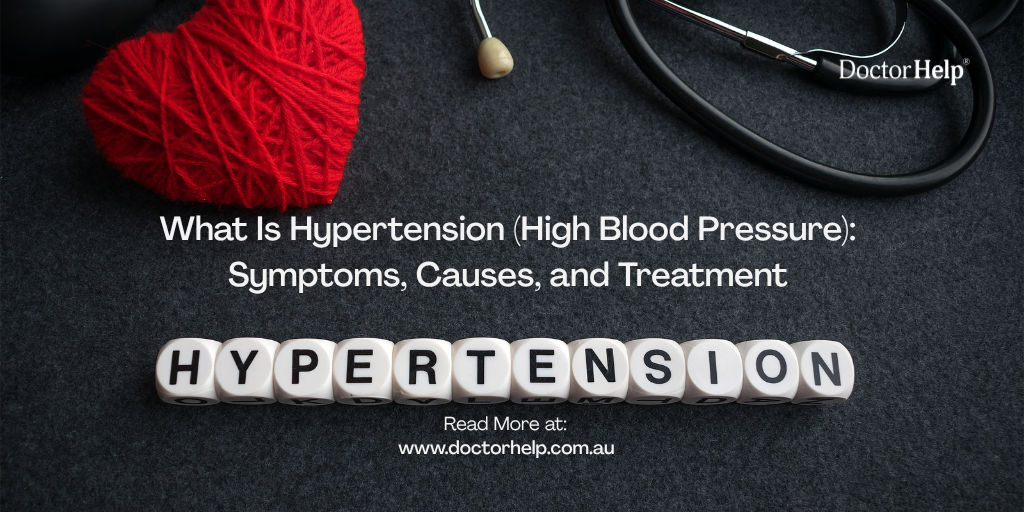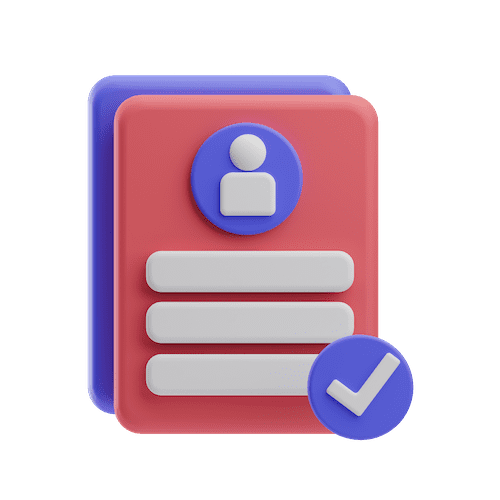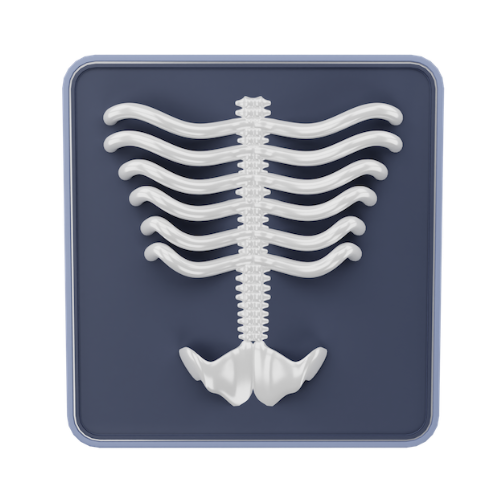Table of Contents
When Something Feels Off, But You Can’t Quite Name It
You wake up tired even after a full night’s rest. Muscles twitch, your legs won’t stay still at night, or your moods feel off-kilter; not enough to call it pain, but enough to throw off your rhythm.
These aren’t just bad days. Sometimes, they’re whispers from your body, signals that something essential might be missing.
Magnesium is a mineral that plays more than 300 functions in the body and is one of the most under-recognized (and in fact one of the essential) nutrients. And there is a surprising prevalence of mild magnesium insufficiency in Australia.
Let us crack open the warning signs, why it matters and how you can support your body before depletion turns into disruption.
What is Magnesium and Why Is It So Significant?
Magnesium is a silent workhorse. It plays a role in:
- Muscle and nerve function
- Blood pressure regulation
- Blood sugar control
- Bone strength
- Mood regulation and sleep
And yet, many Australians consume less than they need, especially older adults, women, and those under chronic stress or on medications that deplete magnesium.
According to Healthdirect Australia, deficiency can range from mild insufficiency to more serious, medically diagnosable states. Either way, your body often tells you when something’s off, long before it shows up on a test.
11 Warning Signs of Magnesium Deficiency
Let’s walk through some of the subtle, yet telling, magnesium insufficiency symptoms.
1. Fatigue That Doesn’t Go Away
Magnesium helps convert food into energy. When it is low, you will feel drained all the time, with or without rest.
2. Muscle Cramps or Muscle Spasms
Twitching, particularly of the eyes or of calves, may be a sign of the magnesium imbalance.
3. Restless Legs at Night
The relationship between magnesium deficiency and restless legs syndrome has been researched over the years. When your legs are itchy, fidgety or tight just before bedtime, perhaps magnesium is part of the answer.
4. Pins and Needles/Parsesthesia
Such neurological manifestations may not appear to be related, but magnesium is an important part of nerve health and signalling.
5. Jumpy or Anxious
Magnesium affects certain neurotransmitters such as serotonin. Are you nervous, depressed, or abnormally tearful? And it may not be all in your head.
6. Headaches or Migraines
Studies suggest low magnesium levels are linked to increased migraine frequency and severity.
7. Irregular Heartbeat
Though less common, a fluttery or erratic heart rhythm can sometimes relate to magnesium imbalance, particularly when paired with other symptoms.
8. Trouble Sleeping
If you’re wired but tired, magnesium may help calm the nervous system and improve sleep quality.
9. Osteoporosis Risk
Magnesium works with calcium and vitamin D to support bone health. Low levels can increase long-term fragility.
10. High Blood Pressure
Magnesium helps keep blood vessels relaxed. Chronic tension and elevated blood pressure may signal it’s time to assess your mineral intake.
11. Cravings for Chocolate or Salt
Dark chocolate is a good source of magnesium and perhaps is a good excuse to have some later.
Magnesium Deficiency and Vitamin D:A Necessary Relationship
Magnesium and vitamin D are not only co-occurring with one another, but also depending on each other. Without sufficient magnesium, your body is not able to effectively metabolise vitamin D, and so on.
Even if you take supplements, low magnesium may cause vitamin D deficiency. This interconnectedness makes all the difference in terms of bone health, emotional well-being and immune response.
If you’re addressing one, you must consider the other. Treating them in isolation can create more imbalance down the track.
What Causes Magnesium Deficiency in Aussies?
Several factors can lead to magnesium insufficiency in Australia:
- Dietary choices: Low intake of whole grains, leafy greens, seeds, and legumes
- Soil depletion: Modern agriculture often yields food with less magnesium than decades ago
- Stress: Chronic stress burns through magnesium stores
- Alcohol use: Excess alcohol impairs magnesium absorption
- Medications: Certain diuretics, proton pump inhibitors, and antibiotics can reduce magnesium
- Medical conditions: Diabetes, GI disorders, and thyroid imbalances impact absorption
For many people, it’s not about extremes. It’s about slow, subtle depletion over time.
Finding the Best Magnesium Supplement
If you’re considering supplementation, don’t just grab the flashiest label. Finding the best magnesium supplement depends on:
Form: Magnesium glycinate is known for calming effects, while citrate may support digestion
Absorption: Some forms absorb better than others, check for clinical backing
Purpose: Choose based on symptoms e.g., sleep support vs muscle tension
Quality: Look for TGA-listed supplements in Australia for safety and efficacy
Always be cautious with self-dosing. Excess magnesium may have side effects such as diarrhoea or in extreme cases, may be toxicity.
How Is Magnesium Deficiency Diagnosed in Australia?
There’s no perfect blood test for mild magnesium deficiency. Values in the blood are not always indicative of what is happening in the cells or tissues.
- Diagnosis often involves:
- Reviewing dietary and medical history
- Assessing symptoms over time
- Considering medications or underlying conditions
- Trying supplementation under guidance and tracking changes
Medical evaluation is essential for anyone with persistent symptoms or on chronic medications.
Can You Fix Magnesium Deficiency Naturally?
Yes, in many cases, mild insufficiency can be addressed with diet and lifestyle changes.
Magnesium-rich foods include:
- Leafy greens (spinach, kale)
- Nuts and seeds (almonds, pumpkin seeds)
- Whole grains (brown rice, oats)
- Legumes (black beans, lentils)
- Avocados and bananas
- Dark chocolate (70% and above)
It is also important to support your gut health as otherwise, the digestive system will absorb the magnesium less effectively.
Saying this, supplements or doctor recommendations can be required in case of persistence of symptoms. Deficiency in magnesium and restless legs are just but a few examples that may not go away with dietary changes.
Conclusion
Magnesium insufficiency does not declare itself with capital letters. Rather it knocks softly; in muscle twitching, clouded mental functioning, or restless, short nights or inconspicuous fatigue. And often, those taps go unanswered.Magnesium insufficiency does not declare itself with capital letters. Rather it knocks softly; in muscle twitching, clouded mental functioning, or restless, short nights or inconspicuous fatigue. And often, those taps go unanswered.
But your body is wise. It wants to feel better. And as you learn to hear it, the response starts off being a reaction and towards restoration.
And so when something does not feel right, when days feel not as hale and hearty or the nights are unsettled do not ignore the alarm. It is not only a case of a mineral. It has to do with being able to regain your connection to that part of you that knows what balance is like.
If your body has been nudging you, whispering through exhaustion or tension or sleepless nights, you don’t have to figure it out alone. Book a telehealth consultation with one of our trusted clinicians and take the first step toward restoring what your body’s quietly been missing.
References:
- Al-Maqbali, N., Alawi, N. A., Abeyaratne, N., Majoni, N., & Falhammar, N. (2024). Clinical outcomes in patients hospitalised with dysmagnesemia in the Northern Territory of Australia: a retrospective, longitudinal data-linkage study. Rural and Remote Health.
https://doi.org/10.22605/rrh8515 - Healthdirect Australia. (n.d.). Magnesium deficiency. Symptoms, Causes, Treatment & Prevention | Healthdirect.
https://www.healthdirect.gov.au/magnesium-deficiency - Johnson, B. (2018, August 29). Researchers find low magnesium levels make vitamin D ineffective – Find a DO | Doctors of Osteopathic Medicine. Find a DO | Doctors of Osteopathic Medicine.
https://findado.osteopathic.org/researchers-find-low-magnesium-levels-make-vitamin-d-ineffective - Jadidi, A., Ashtiani, A. R., Hezaveh, A. K., & Aghaepour, S. M. (2022). Therapeutic effects of magnesium and vitamin B6 in alleviating the symptoms of restless legs syndrome: a randomized controlled clinical trial. BMC Complementary Medicine and Therapies, 23(1).
https://doi.org/10.1186/s12906-022-03814-8 - Healthdirect Australia. (n.d.-a). Foods high in magnesium. Healthdirect.
https://www.healthdirect.gov.au/foods-high-in-magnesium - Wu, J., & Carter, A. (2007). Abnormal Laboratory Results: Magnesium: the forgotten electrolyte. Australian Prescriber, 30(4), 102–105.
https://doi.org/10.18773/austprescr.2007.060














